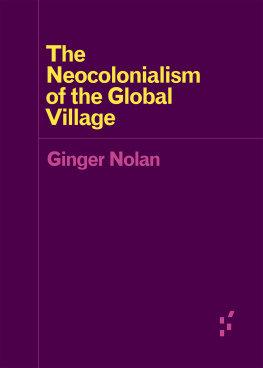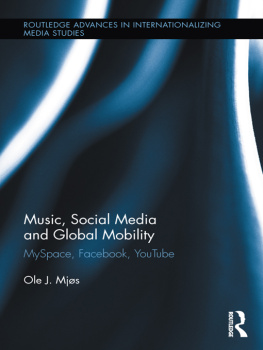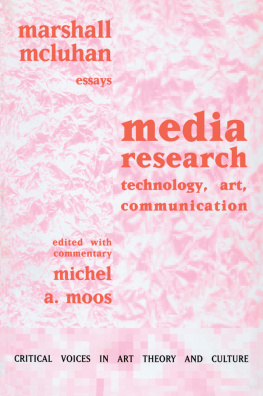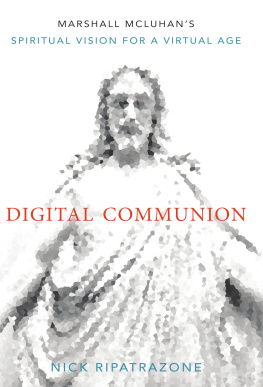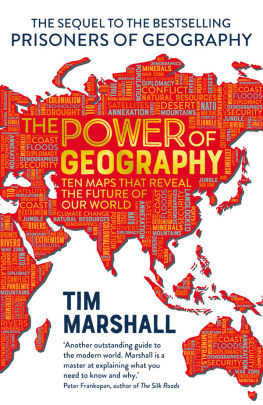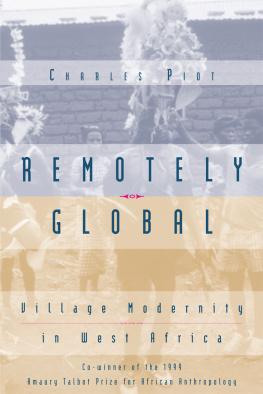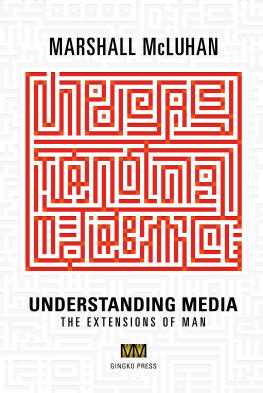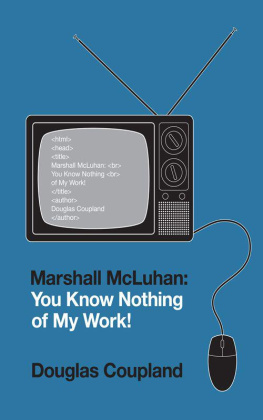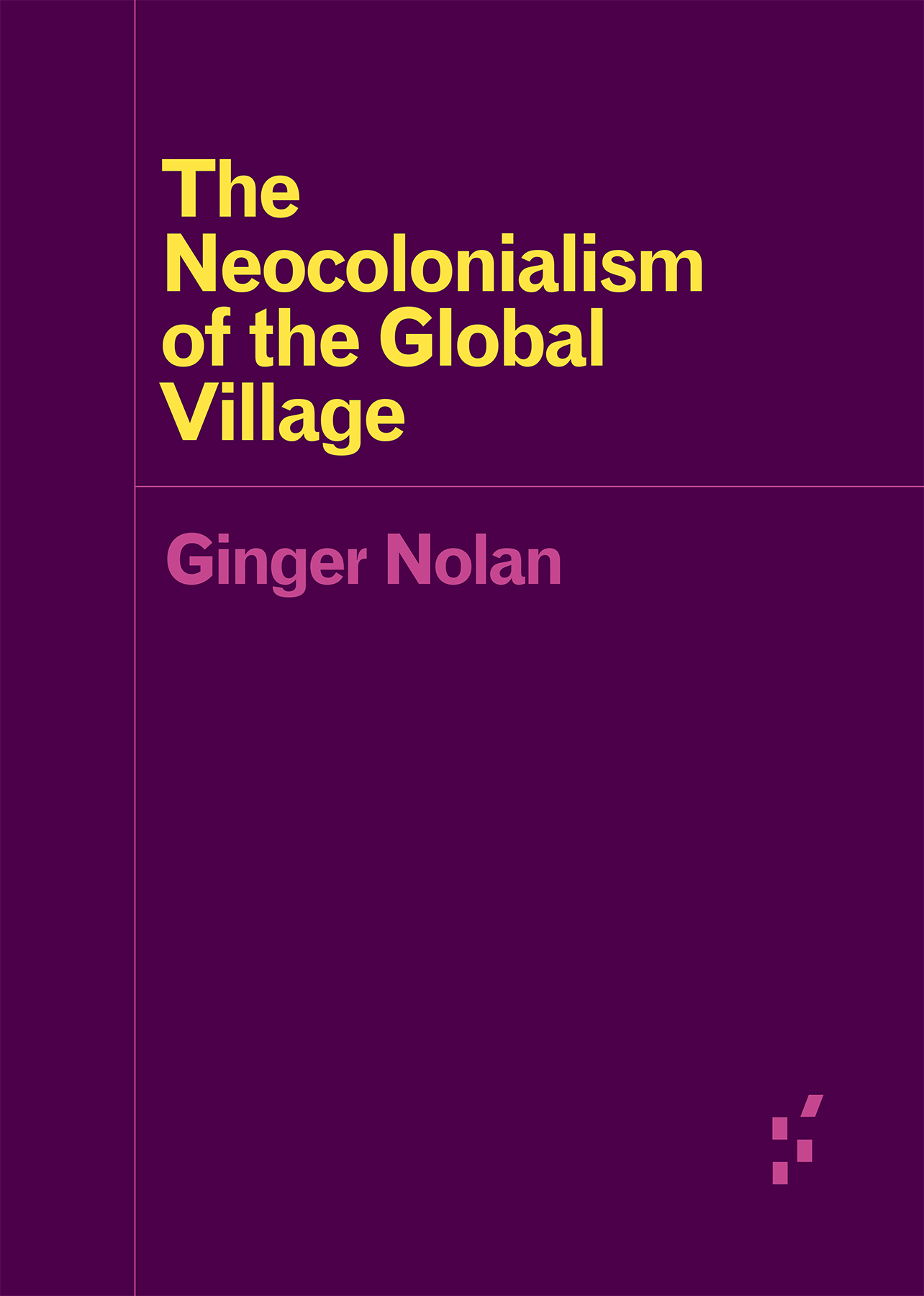
Forerunners: Ideas First from the University of Minnesota Press
Original e-works to spark new scholarship
Forerunners: Ideas First is a thought-in-process series of breakthrough digital works. Written between fresh ideas and finished books, Forerunners draws on scholarly work initiated in notable blogs, social media, conference plenaries, journal articles, and the synergy of academic exchange. This is gray literature publishing: where intense thinking, change, and speculation take place in scholarship.
Clare Birchall
Shareveillance: The Dangers of Openly Sharing and Covertly Collecting Data
Ian Bogost
The Geeks Chihuahua: Living with Apple
William E. Connolly
Aspirational Fascism: The Struggle for Multifaceted Democracy under Trumpism
Andrew Culp
Dark Deleuze
Sohail Daulatzai
Fifty Years of The Battle of Algiers: Past as Prologue
Grant Farred
Martin Heidegger Saved My Life
David Golumbia
The Politics of Bitcoin: Software as Right-Wing Extremism
Gary Hall
The Uberfication of the University
John Hartigan Jr.
Aesops Anthropology: A Multispecies Approach
Mark Jarzombek
Digital Stockholm Syndrome in the Post-Ontological Age
Nicholas A. Knouf
How Noise Matters to Finance
la paperson
A Third University Is Possible
Akira Mizuta Lippit
Cinema without Reflection: Jacques Derridas Echopoiesis and Narcissism Adrift
P. David Marshall
The Celebrity Persona Pandemic
Reinhold Martin
Mediators: Aesthetics, Politics, and the City
Shannon Mattern
Deep Mapping the Media City
Ginger Nolan
The Neocolonialism of the Global Village
Kelly Oliver
Carceral Humanitarianism: Logics of Refugee Detention
Davide Panagia
Ten Theses for an Aesthetics of Politics
Jussi Parikka
The Anthrobscene
Robert Rosenberger
Callous Objects: Designs against the Homeless
Chuck Rybak
UW Struggle: When a State Attacks Its University
Steven Shaviro
No Speed Limit: Three Essays on Accelerationism
Sharon Sliwinski
Mandelas Dark Years: A Political Theory of Dreaming
Joanna Zylinska
The End of Man: A Feminist Counterapocalypse
The Neocolonialism of the Global Village
The Neocolonialism of the Global Village
Ginger Nolan
University of Minnesota Press
Minneapolis
Portions of The Neocolonialism of the Global Village were previously published as Quasi-Urban Citizenship: The Global Village as Nomos of the Modern, in The Journal of Architecture 23, no. 4 (May 2018), available online at http://wwww.tandfonline.com/.
The Neocolonialism of the Global Village by Ginger Nolan is licensed under a Creative Commons Attribution-NonCommercial-NoDerivatives 4.0 International License.
Published by the University of Minnesota Press, 2018
111 Third Avenue South, Suite 290
Minneapolis, MN 554012520
http://www.upress.umn.edu
The University of Minnesota is an equal-opportunity educator and employer.
The twentieth-century encounter between alphabetic and electronic faces of culture confers on the printed word a crucial role in staying the return to Africa.
Marshall McLuhan, Gutenberg Galaxy: The Making of Typographic Man
Contents
The term global village first appeared in 1962 with the publication of Marshall McLuhans The Gutenberg Galaxy: The Making of Typographic Man. To some extent, we are all global villagers, but given the imbalances of semiotic power (accruing to urbanites versus ruralites, to global North versus global South, and to the literate versus nonliterate), some belong more thoroughly to the global village than others.
It has gone strangely unnoted in the abundant scholarship on McLuhan that the global village seems to have been inspired by techniques of colonial rule in Africa, specifically from Britains brutal villagization scheme in Kenya in the 1950s, in which thousands of Kikuyu, Embu, and Meru civilians from Kenyas Rift Valley were detained in camps. Following the example of British strategy in Kenya, the global village can be understood as a mechanism for pacifying postcolonial agrarian society by absorbing people made landless by the relentless expansion of agrarian capital. The global villagelike villagizationwas intended to enfold dispossessed denizens into the incipient nation-form and into the global market, while simultaneously withholding the modes of semiotic power required to participate effectively in a public sphere.
That Kenyas war should have been so influential to McLuhans theories of media stems largely from the significance of communications technologies and semiotic rights leading up to the war and determining its outcome. In its beginnings, the Kikuyu anticolonial struggle was a campaign for rights not only to landas is generally claimedbut also to literacy. Finally, in the early 1950s, factions of the KCA branched off into the Kenya Land and Freedom Army (KLFA), leading to the outbreak of what the British called the Mau Mau war.
British strategies of late-colonial warfare in Kenya construed electronic media as devices for extending soft power across different languages and levels of literacy. As the British had just learned in their war against the Malayan Communist Party in the 1940s and 50s, winning the war in Kenya would require effective means of disseminating propaganda among dispersed, linguistically diverse, and often nonliterate populations.
Insofar as villagization appears to have been a model for McLuhan (a point I will come to presently), the global village should be understood as a quasi-urban device for militating against the semioticand thus politicalpower of agrarian societies in the colonized and formerly colonized world.
To excavate this genealogy of the global village is to stress the neocolonial and class-based dimensions of noopolitics, pointing to how nootechnologies (technologies of the mind) have operated through the global division of labor they help produce, through media differentials bound up with constructions of race and with divisions between the rural and urban. This essay therefore pushes dominant critiques of noopolitics, such as Bernard Stielgers, into the domain of postcolonial critique, identifying a fraught sitewhere noopolitics helped bind together a dense conflux of power. of powerbiopolitics, noopolitics, capital, colonialism, and what I will call terra-powerall were implicated in villagization, I will not focus exclusively on any one of these but rather on their interaction as they converged and crystallized into the notion of the global village.
It is often claimed that the advent of electronic communications has caused a dematerialization of many thingsof place, of representation, of sociality, and of economic exchange, to name a few. While there is no lack of scholars who, to the contrary, insist on the materiality of media and on its imbrication with other material relations, it is the purpose of this essay to push in a slightly different direction from that body of work, by showing how the power of electronic media was and continues to be enmeshed in a reorganization of a very substratal basis of materiality: a reorganization of land, of its cultivation, settlement, and ownership. Against assumptions that electronic media have been developed first and foremost as instruments of professionalized intellectual labor, late-twentieth-century researchers and scholars of communication technologies frequently pointed toward Third World agriculturalists as ideal subjects for these technologies, a tendency that continues up through the present.people into the global market (and making them directly bear the risks of that markets vicissitudes), in lieu of other communicative media such as print, which had in other parts of the world helped enfold agricultural classes into the cultural and political fabric of nation and empire.
Next page
